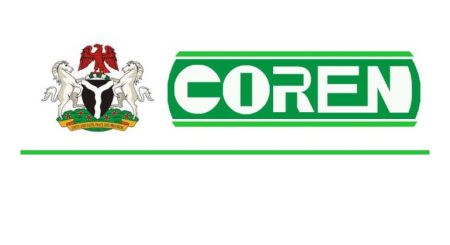Paragraph 1: The Economic Landscape and the Need for Financial Prudence
The year 2024 presented significant economic challenges for businesses and households alike, with record-high inflation impacting purchasing power and forcing many small businesses to close. This volatile economic environment necessitates a proactive approach to financial management in 2025, especially for those facing rising costs and unpredictable expenses. Careful planning and strategic budgeting are crucial for navigating these turbulent times and maintaining financial stability. This involves acknowledging the impact of inflation on everyday expenses and developing a realistic budget that accounts for this economic reality.
Paragraph 2: Assessing and Allocating Resources Effectively
The foundation of sound financial management lies in understanding your current financial standing and implementing a clear allocation strategy. Begin by meticulously tracking your spending patterns over the past few months, utilizing budgeting tools to gain a comprehensive overview of your expenditures. Evaluate all income sources, including salaries, side hustles, and passive income streams. Identify areas of wasteful spending, such as unused subscriptions or excessive takeout meals, as these represent opportunities for cost reduction. Once a clear picture of your financial situation emerges, adopt the 50/30/20 rule to allocate your income effectively. This rule suggests allocating 50% of your income to essential expenses like rent, utilities, and groceries; 30% to discretionary spending such as entertainment and hobbies; and 20% to savings and investments. This framework allows for balanced spending while prioritizing essential needs and future financial security.
Paragraph 3: Building Savings and Managing Debt
Prioritizing savings is crucial, even amidst rising costs. Automating savings through regular transfers to a savings account or investment portfolio can simplify this process and foster consistency. Even small amounts, consistently saved, contribute significantly to long-term financial well-being. Concurrently, managing debt effectively is essential for maintaining financial stability. Prioritize paying down high-interest debt to minimize interest payments and accelerate debt reduction. Avoid accumulating new debt unless it serves a productive purpose, such as starting a business. Explore refinancing options to consolidate loans and potentially lower monthly payments.
Paragraph 4: Supplementing Income and Planning for Recurring Expenses
Given the potential for inflation to erode disposable income, exploring side hustles can provide a valuable supplementary income stream. Opportunities like freelancing, online sales, or offering services such as tutoring or graphic design can bolster savings or offset rising expenses. Furthermore, planning for annual expenses such as school fees, rent, or holiday spending is essential to avoid budget disruptions. Break down large annual expenses into monthly savings targets to ensure their manageable incorporation into your budget. Early planning and consistent savings can significantly reduce the financial strain of these recurring costs.
Paragraph 5: Investing for Long-Term Growth and Adapting to Change
Investing for the long term is paramount for securing future financial well-being. Despite economic challenges, various investment opportunities exist, catering to different risk appetites. Treasury bills and bonds offer a relatively low-risk option with steady returns. Stock market investments, while carrying higher risk, offer the potential for greater returns, particularly when diversified across strong-performing industries. Mutual funds provide a means to pool resources with other investors and benefit from professional management. Remember that a budget is not static; it requires regular monitoring and adjustment. Review your budget monthly to ensure alignment with your financial goals. Celebrate milestones achieved, such as paying off debt or reaching savings targets, to maintain motivation. Stay informed about economic trends that may impact your finances and adjust your budget accordingly.
Paragraph 6: Leveraging Technology for Financial Empowerment
Technology can significantly simplify financial management. Utilizing financial management apps and online platforms provides convenient access to savings and investment opportunities. These tools can automate processes, track spending, and provide valuable insights into your financial health. Navigating the financial complexities of 2025 requires proactive planning, disciplined spending, and a willingness to adapt to changing economic conditions. By embracing these strategies and leveraging available resources, you can effectively manage your finances, mitigate the impact of rising costs, and build a more secure financial future. Remember to celebrate your financial wins and stay motivated on your journey towards financial well-being.














